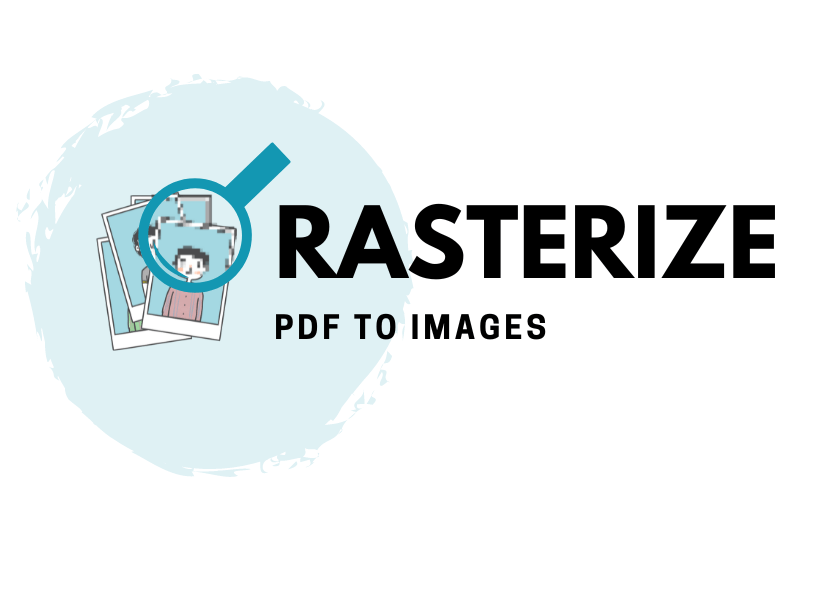Table of Contents show
In this tutorial we show you how to rasterize a PDF file into an image in Java. You will need an external library to do this – this example uses our JPedal PDF library. JPedal is the best Java PDF library for developers.
How to Rasterize a PDF file in Java
- Download a trial copy of JPedal and add it to your IDE.
- Create a File handle, InputStream or URL pointing to the PDF file
- Include a password if file password protected
- Open the PDF file
- Iterate over the pages
- Close the PDF file
and the Java code to rasterize PDF…
File file = new File("/path/to/document.pdf");
ConvertPagesToImages extract=new ConvertPagesToImages(file);
//extract.setPassword("password");
if (extract.openPDFFile()) {
int pageCount = extract.getPageCount();
for (int page = 1; page <= pageCount; page++) {
BufferedImage img = extract.getPageAsImage(page, hasAlpha);
}
}
extract.closePDFfile();
What is rasterizing a PDF file?
When you rasterize a PDF file, you convert the pages of the document into raster image files. Rasterizing the file stops editing and removes the need for a PDF viewer to show the pages. This makes it simpler to view. The disadvantage of a raster based image is that you lose all the features of the PDF file and Viewer, and have all the limitations of a bitmap display.
